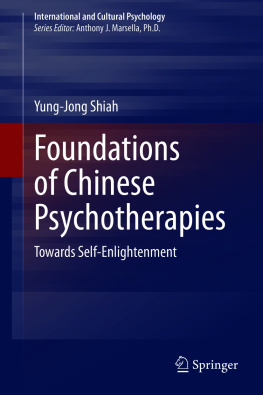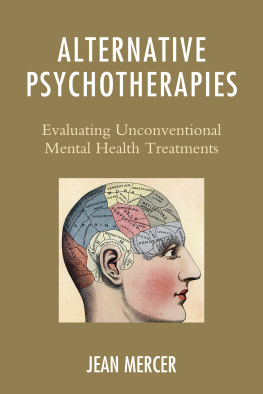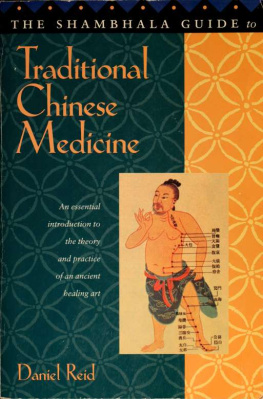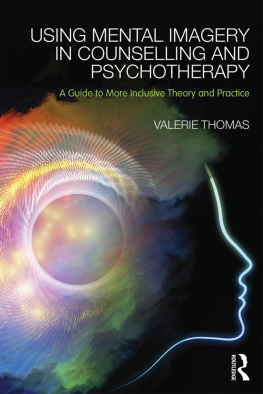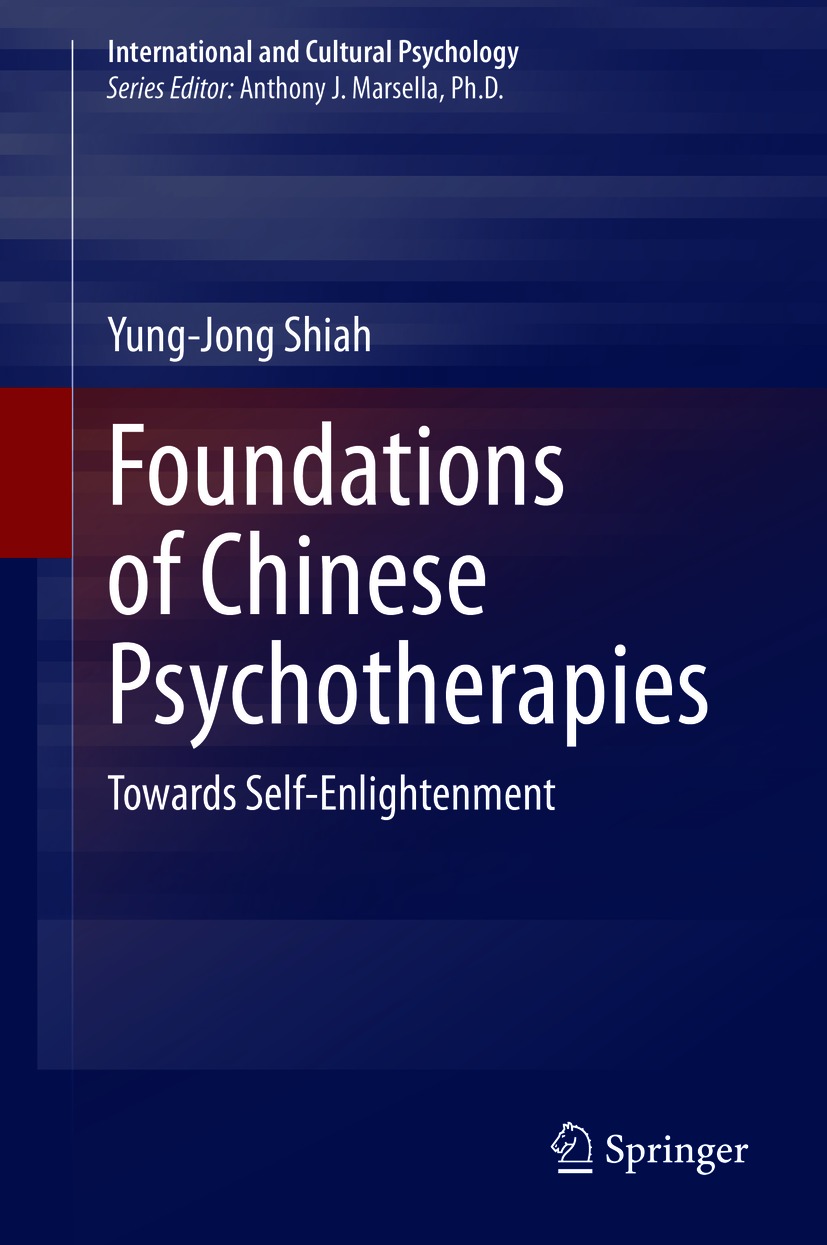Yung-Jong Shiah - Foundations of Chinese Psychotherapies: Towards Self-Enlightenment
Here you can read online Yung-Jong Shiah - Foundations of Chinese Psychotherapies: Towards Self-Enlightenment full text of the book (entire story) in english for free. Download pdf and epub, get meaning, cover and reviews about this ebook. year: 2021, publisher: Springer, genre: Religion. Description of the work, (preface) as well as reviews are available. Best literature library LitArk.com created for fans of good reading and offers a wide selection of genres:
Romance novel
Science fiction
Adventure
Detective
Science
History
Home and family
Prose
Art
Politics
Computer
Non-fiction
Religion
Business
Children
Humor
Choose a favorite category and find really read worthwhile books. Enjoy immersion in the world of imagination, feel the emotions of the characters or learn something new for yourself, make an fascinating discovery.
- Book:Foundations of Chinese Psychotherapies: Towards Self-Enlightenment
- Author:
- Publisher:Springer
- Genre:
- Year:2021
- Rating:3 / 5
- Favourites:Add to favourites
- Your mark:
Foundations of Chinese Psychotherapies: Towards Self-Enlightenment: summary, description and annotation
We offer to read an annotation, description, summary or preface (depends on what the author of the book "Foundations of Chinese Psychotherapies: Towards Self-Enlightenment" wrote himself). If you haven't found the necessary information about the book — write in the comments, we will try to find it.
This book provides an overview of the foundations of Chinese psychotherapy, based on a full consideration of Confucian, Taoist, and Buddhist teachings. Serving as a reliable and practical guide to coping with lifes adversities, the book offers therapeutic techniques to guide clinical practice based on the potential mutual enrichment of these teachings and current psychotherapies, research, and practice. It aims to guide readers towards authentic, durable happiness with novel approaches to a variety of mental health problems.
Among the topics addressed:
- Cultural heritages and mental health
- Confucian, Taoist, and Buddhist techniques for self-enlightenment psychotherapy
- Psi mechanisms and related training models
Foundations of Chinese Psychotherapies combines modern clinical methods and traditional teachings to form a unique approach to mental health and well-being. It will be a valuable resource for mental health professionals and others who seek to intervene in a variety of mental health problems.
A systematic introduction to indigenous Chinese psychotherapy is long overdue.Explicating human nature as envisioned by traditional Chinese thinkers, this book is a timely answer to the increasingly contested question of what it means to be human in an era when gene editing keeps tinkering natures design.
Louise Sundararajan, Ph.D., Ed.D., Fellow of the American Psychological Association; Chair and founder of the Task Force on Indigenous Psychology.
This is an important book. It builds on the work of K.-S. Yang and K.-K. Hwang in their hope for an indigenous Chinese psychology. This book is the next installment in that progression. The world-wide community of scholars needs to know what an indigenous psychology looks like that is sensitive to the insights of Confucianism, Buddhism and Taoism. This book makes that contribution and it is my hope that it will be widely read.Alvin Dueck, PhD, Distinguished Senior Professor of Psychology, Fuller Graduate School of Psychology, USA
Foundations of Chinese Psychotherapies is a valuable introduction to how the Confucian, Taoist, and Buddhist traditions understand the human psyche, and in particular psychic abilities. Yung-Jong Shiah has a unique perspective on these topics, having been trained in both Eastern and Western traditions, and through his deep familiarity with how science has been used to study these intriguing topics.
Dean Radin MS PhD, Chief Scientist, Institute of Noetic Sciences, USA and author Real Magic (2018) and other books.
Yung-Jong Shiah: author's other books
Who wrote Foundations of Chinese Psychotherapies: Towards Self-Enlightenment? Find out the surname, the name of the author of the book and a list of all author's works by series.

